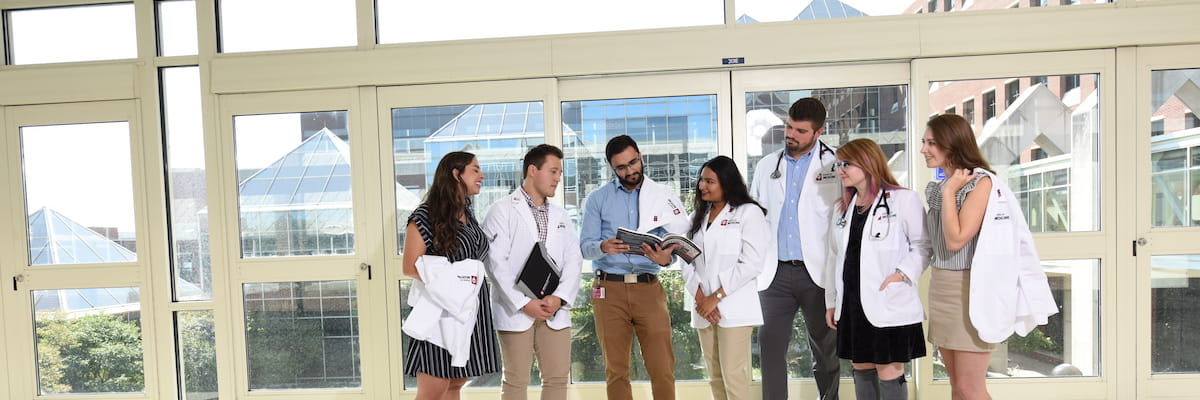If it is an emergency, dial 911.
IU Indianapolis Campus Police, Emergency: (317) 274-7911
IU Indianapolis Campus Police, Non-Emergency: (317)-274-2058
IU Indianapolis Facility Services: (317) 278-1900
24 Hour Mental Health Crisis Line: (317) 278-HELP (4357)
National Suicide Prevention Hotline: 988
Health Services Technology (HTS): (317) 274-5336 or HTS email
Your safety
Find emergency contacts for all IU School of Medicine campuses
